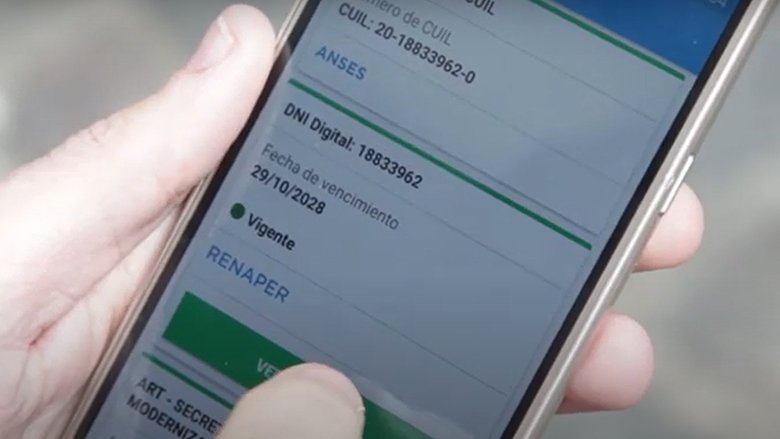Challenge
Until 2016, coordination between government agencies in Argentina was limited as was the use of digital technologies. Modernization efforts were ad hoc and often sector-focused. Processes – including key systems such as public procurement – were largely paper-based. This made it difficult to streamline workflows, improve efficiency, and use evidence to support policy- and decision-making. Public agencies operated their own websites and used different formats and standards; this hindered information flow for processing and access for service users. Limited information was available to citizens, making it difficult for them to fully participate in the policy-making process. There was a need to make information management more strategic, and systems more secure.
Approach
The project’s objective was to improve the quality and accessibility of selected government administrative services and enhance transparency in public administration. The project developed cross-cutting administrative and management systems such as e-filing and e-procurement. It strengthened technological infrastructure, such as servers and networks. These investments ensured the availability of standardized, reliable, and secure information.
Results
- The transition to paperless public administration was a qualitative leap for the agencies that benefited from the project, both at the national and subnational level. The COVID-19 pandemic led to increased demand for digital services and pressure on delivery systems. The e-filing system supported business continuity during the COVID-19 pandemic, allowing the public sector to operate smoothly. From 2020 to 2021 e-filing registered users, primarily public sector employees, increased by 73 percent. The remote access platform for citizen and business digital services provided safe and timely access to government services, such as registering a web domain; requesting a certificate of birth; issuing certificates for international trade for businesses. Launched in 2017, the remote access platform had over 700,000 registered users, including citizens and firms, in 2018 and reached over 2 million by the end of 2021.
- The project improved the quality of government administrative services by enhancing transparency and governance. The e-filing system was implemented in the national public administration. Over 1,300 digital government services were incorporated in the remote access platform. Implementation of the e-procurement portal improved the quality of public procurement by the national government of common goods and services, reducing processing times, strengthening competition, and ultimately reducing prices. The project improved the accessibility of government administrative services. It reorganized online government services by launching a single, citizen-focused portal called Mi Argentina, consolidating services previously dispersed across hundreds of websites, effectively reducing barriers to access. The number of registered citizens of the Mi Argentina government portal increased from 500 registered users in 2016 to 1.6 million in March 2019 and 9 million by the end of the project in 2021.
Bank Group Contribution
The World Bank, through the International Bank for Reconstruction and Development, provided $80 million to finance the project.
Partners
The project was implemented by the Secretariat of Public Innovation (SIP) of the Chief of Cabinet Office, Government of Argentina. The Chief of Cabinet Office in the Office of the Presidency coordinates the work across Ministers. SIP leads the digital and open government strategy and is responsible for regulation, service delivery and core digital systems in the national public administration.
Looking Ahead
In March 2021, the Board of the World Bank approved a follow-up project that will continue to support the digital government agenda in Argentina, the Digital Inclusion and Innovation in Public Services Project.
